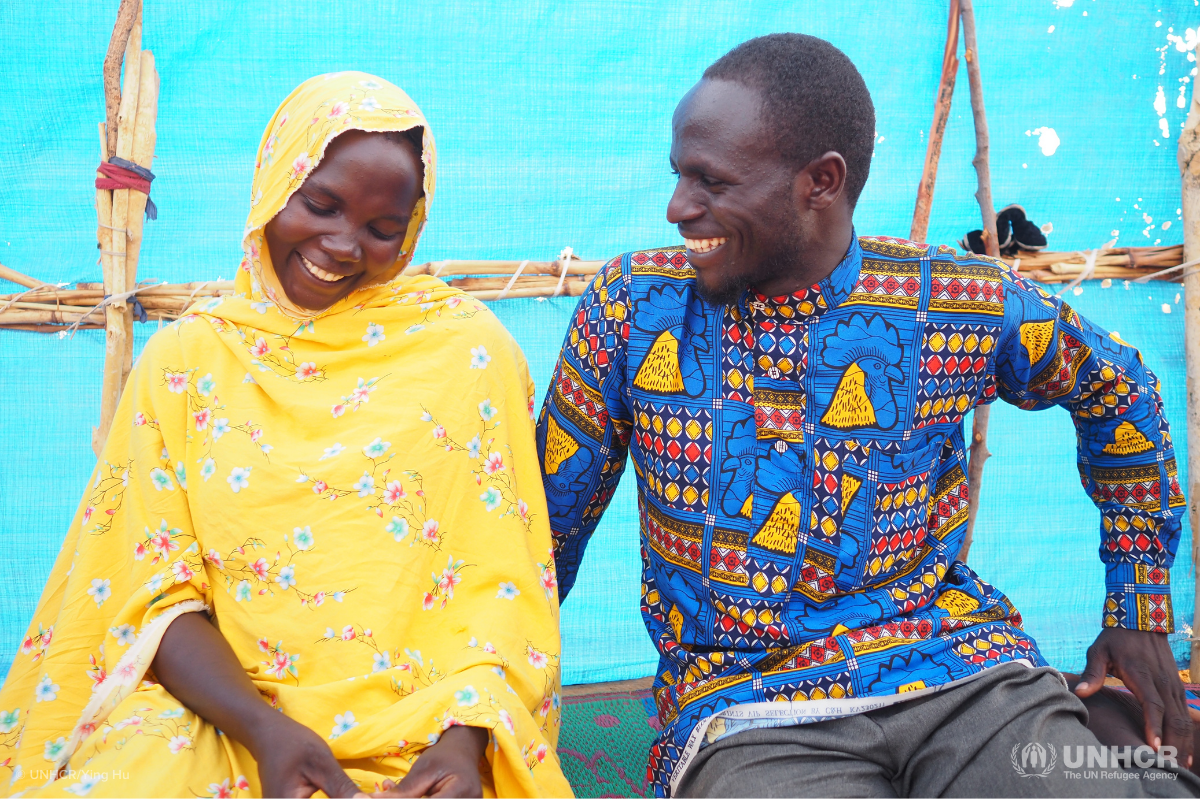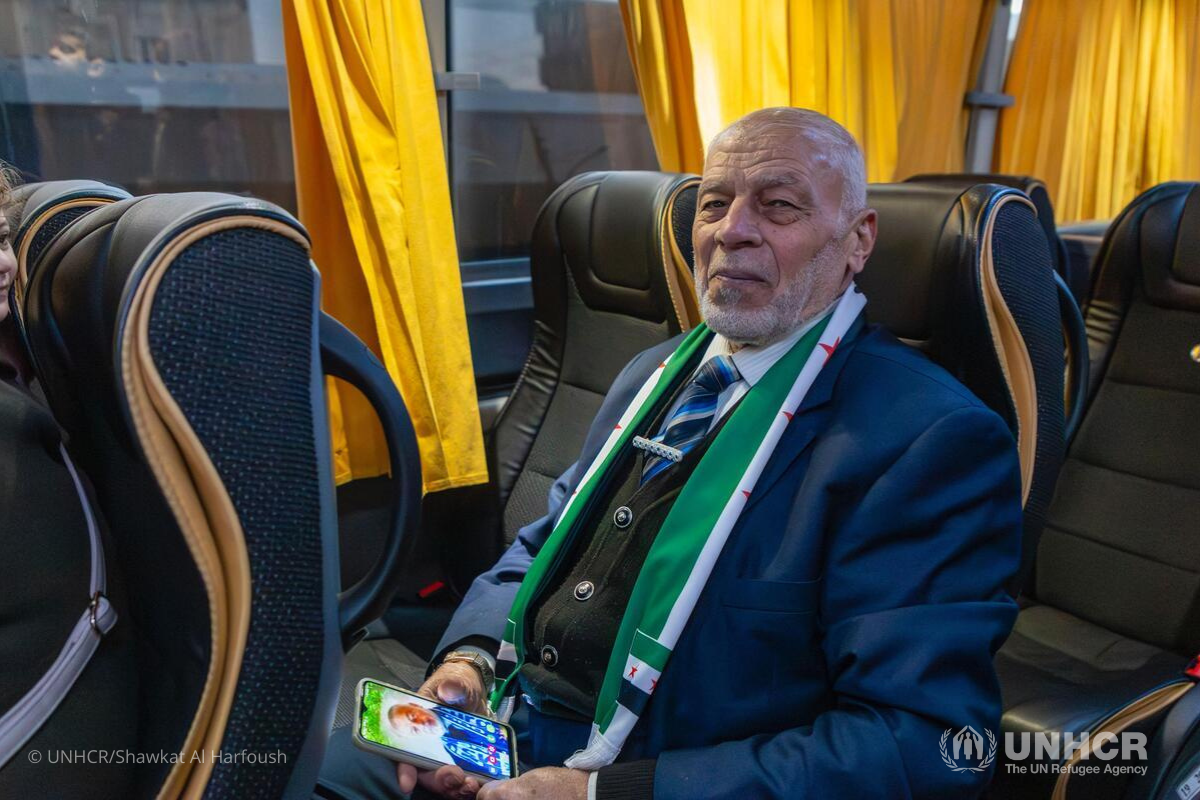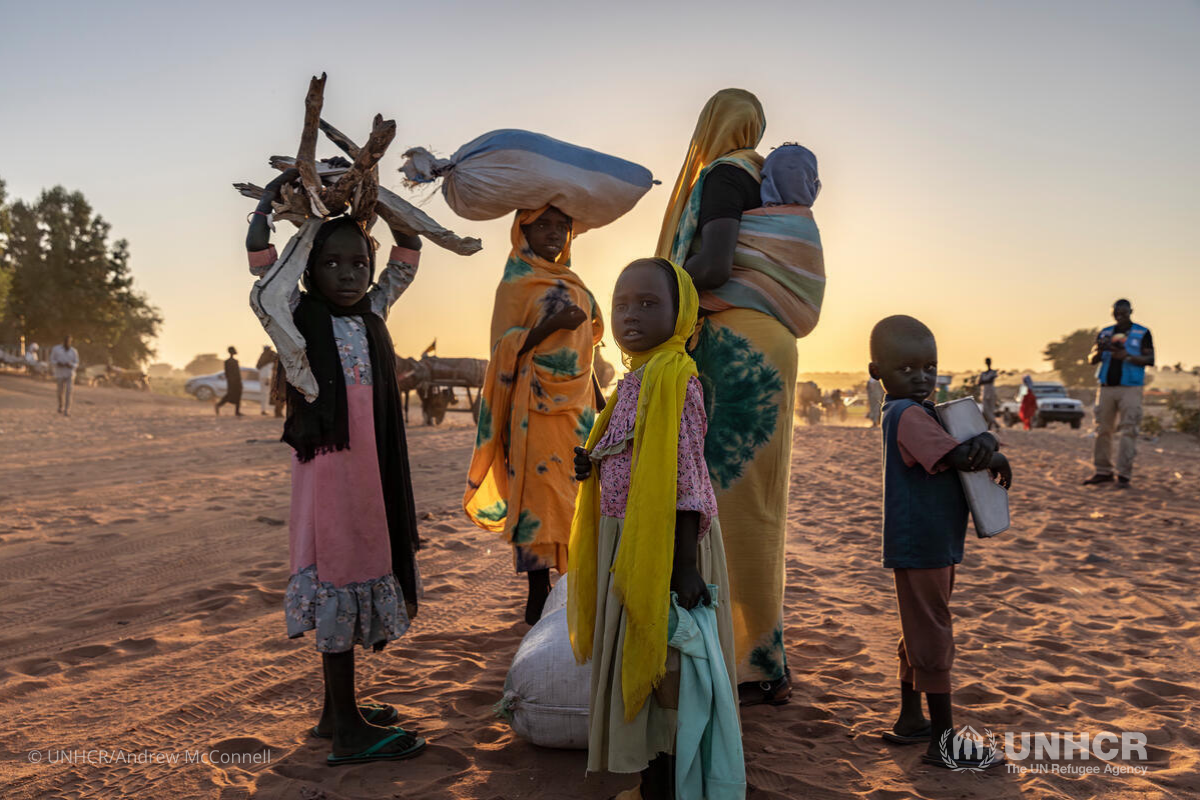VIDEO
Albeit a silent one, Syria remains the world’s largest refugee crisis of our time.
UNHCR is on the ground aiding Syrian refugees, but resources are stretched too thin. Your gift will offer hope for a safe future.
The UN Refugee Agency has been on the ground since the start of the crisis providing shelter, lifesaving supplies, clean water, hot meals and medical care to families who have been forced to flee their homes. During winter, UNHCR also supports vulnerable families with vital winter relief items - such as warm clothes, sleeping bags, thermal blankets, stoves, fuel for heating and insulation for tents - as well as cash assistance to help Syrian refugees pay rent and purchase food and medicine.
UNHCR and humanitarian partners are responding to the Türkiye-Syria Earthquakes by stepping up their assistance in the two countries. In Syria, UNHCR has delivered protection assistance, including psychosocial support, to more than 311,000 people affected by the earthquakes. UNHCR is also providing shelter support, cash assistance and other aid to those affected. In Türkiye, UNHCR has provided over 3 million relief items including tents, containers, hygiene kits, bedding and warm clothing for refugees and local residents in temporary accommodation centers. UNCHR is also supporting protection activities for more than 500,000 people – including legal counseling, identification and referral of people with specific needs, psychosocial support and cash assistance.
Syrian refugee mother and her son inside their shelter in Tripoli, Lebanon.
More Facts About the Syrian Refugee Crisis
Love amidst displacement: Six short stories that show how connection can carry people through the darkest times
Love has the power to transform lives. These stories of love, family and friendship showcase how love can bring light into the lives of those who have been forced to flee, even during their darkest moments.
Learn MoreReturning Syrians filled with hope despite the challenges ahead
On a visit to Syria and its neighbors, UN High Commissioner for Refugees meets families heading home and says more support is vital to ensure returns are a success.
Learn MoreUNHCR’s Grandi calls for global action to support Syrians returning home
UN High Commissioner for Refugees, Filippo Grandi, appealed to the international community for bold and decisive action to help Syrians rebuild their war-torn country and support displaced Syrians in returning home.
Learn MoreA Year of Turmoil: Conflicts, Crises and Displacement in 2024
In 2024, new conflicts erupted, existing crises seethed and climate-fueled disasters multiplied. Here are some of the most critical situations the UN Refugee Agency, UNHCR, responded to in the past year.
Learn More


